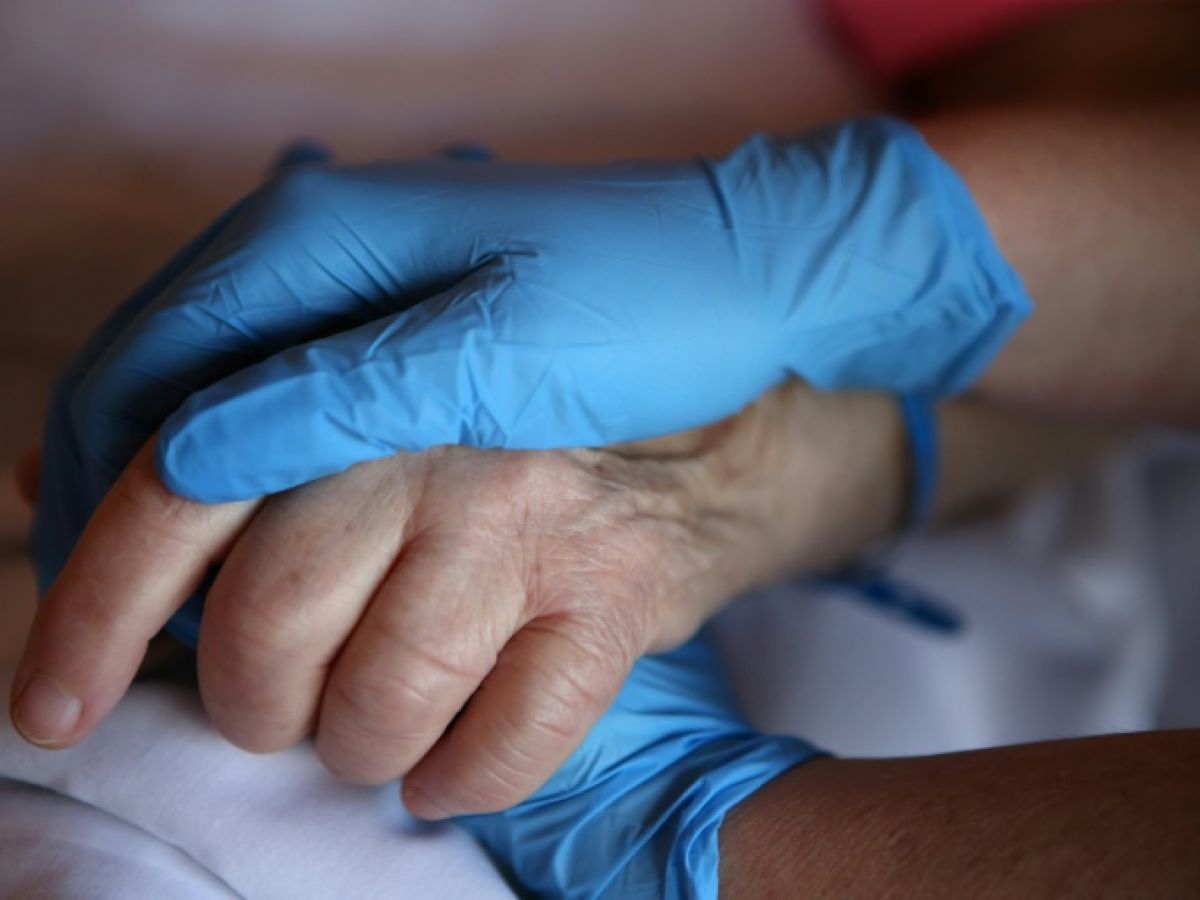The High Authority for Health considers it "impossible", in the absence of medical consensus, to determine who could benefit from assisted dying based on a vital prognosis committed "in the medium term" or on a "terminal phase" of illness, but it suggests taking into account "the quality of the rest of the life" of the person.
His highly anticipated opinion, requested by the Ministry of Health, will fuel the debates on the evolution of end-of-life legislation, which are due to resume on May 12 in the National Assembly chamber.
This sensitive issue has been split into two bills – one on palliative care, the other on active assistance in dying – by the Bayrou government.
"To date, there is no medical consensus on the definition of a 'medium-term' life prognosis, nor on the notion of an 'advanced phase' when considered in an individual approach," summarizes the HAS.
In other words, "we know how to define the short term - this was done for the Leonetti law - but beyond that, we cannot", "no one can say: this is the life expectancy of a patient with a certain number of pathologies", its president, Professor Lionel Collet, told AFP, and "it is really on a case-by-case basis that we must examine the questions".
The work submitted on Tuesday, for which a committee of experts examined scientific literature, international legislation and heard French and international experts, "did not allow the identification of an alternative criterion" in "more satisfactory conditions", the authority noted.
In the absence of "scientific certainty" regarding the assessment of a person's vital prognosis, the HAS insists on the need for "a process of support and collective deliberation, centered on the sick person, prior to a possible request for assistance in dying."
This "continuous process of discussion" involving the patient, relatives and caregivers would make it possible to recognize the "existential and social dimension of suffering" and "to address the question of the meaning of what is experienced and what remains to be experienced."
Also, all caregivers must be trained "in listening and dialogue" about the end of life, "to avoid any risk of unreasonable obstinacy leading to life impasses for patients," argues the HAS.
– “Subjective dimension” –
Currently, the vital prognosis depends on "many parameters, often evolving": caregivers assess it with tools of "insufficient reliability" and a "significant degree of uncertainty."
Attempting to establish an individual prognosis would therefore be "an error and would amount to denying the individual and therapeutic factors that condition it," argues the HAS, noting that "no European country has retained a temporal criterion in the definition of the 'medium term'." "Some, like Quebec, have even abandoned it after a period of application," adds the authority.
The criterion of a vital prognosis being engaged "in the medium term" was included in the text, the examination of which had been interrupted by the dissolution of the Assembly. Deemed vague, this wording had been withdrawn.
As for the notion of "advanced" (or terminal) phase of an incurable disease, which "does not refer so much to the deadline for death" as to the patient's "journey", the HAS defines it as "the entry into an irreversible process marked by the worsening of the sick person's state of health, which affects their quality of life".
"If it is impossible to implement a logic of prediction of the quantity of remaining life, it is appropriate to retain a logic of anticipation and prediction of the quality of the remainder to be lived, whatever the outcome of the parliamentary debates," according to the authority.
For Lionel Collet, "it is the subjective dimension of quality of life as perceived by the person that must be taken into consideration."
On Friday, MPs approved in the Social Affairs Committee the bill by Olivier Falorni (MoDem) creating a "right to assisted dying," to allow patients with a "serious and incurable condition" that is "life-threatening, in an advanced or terminal phase" and who can no longer bear their suffering, to receive or administer a lethal substance.
The HAS shows that "we must be even more cautious about active assistance in dying and its criteria" and "not consider a societal leap when we have not yet developed palliative care everywhere in France," the Minister for Access to Healthcare, Yannick Neuder (LR), emphasized to AFP.

